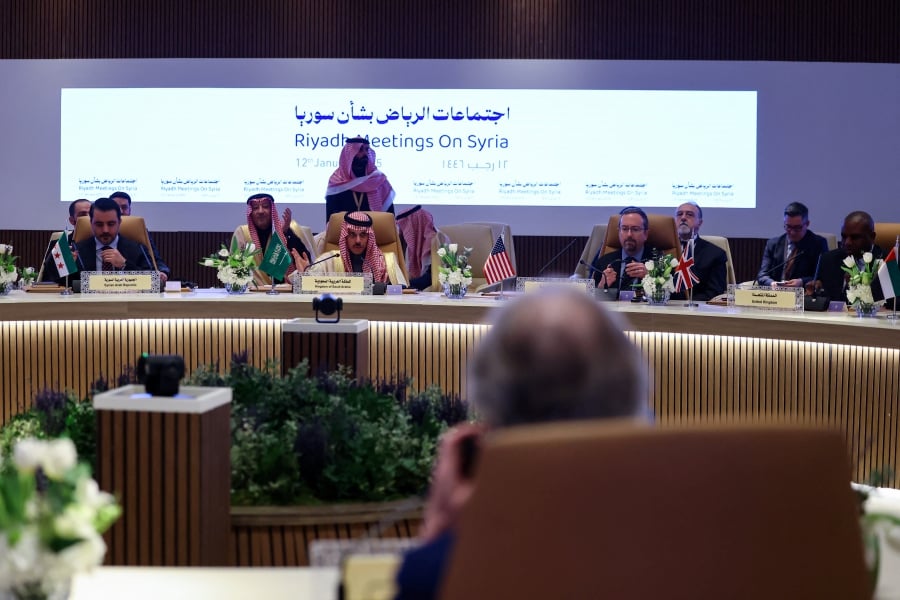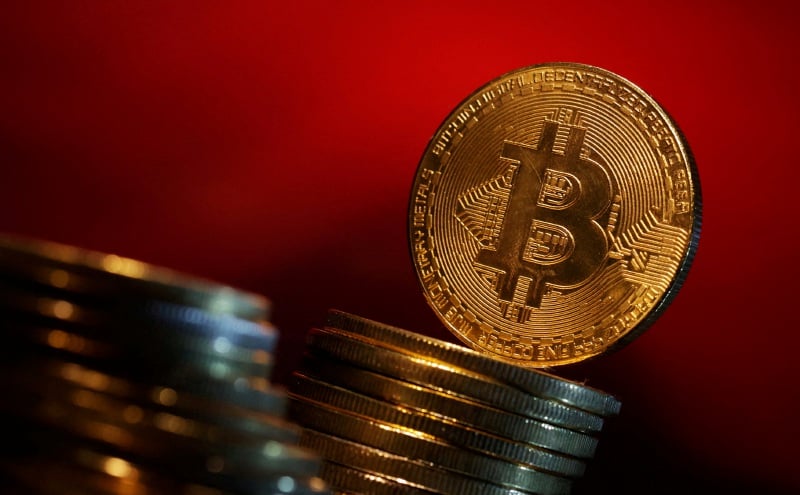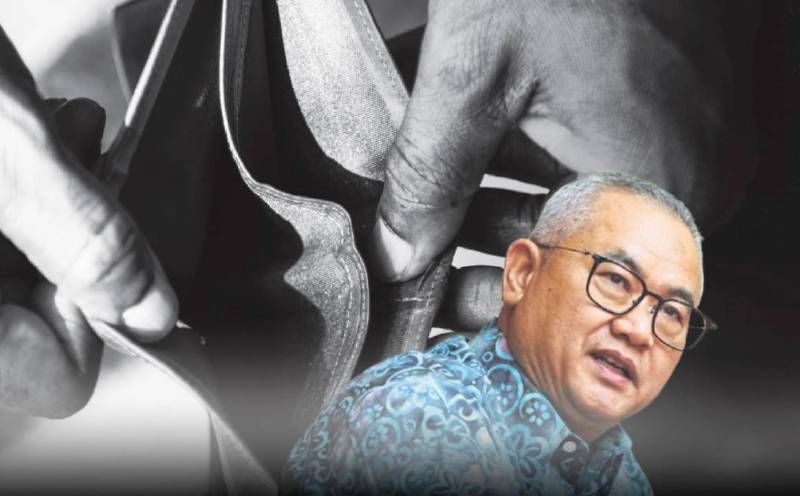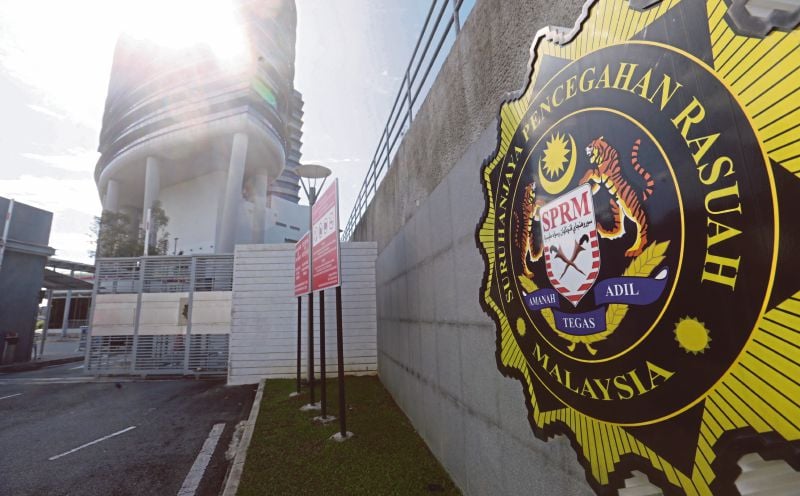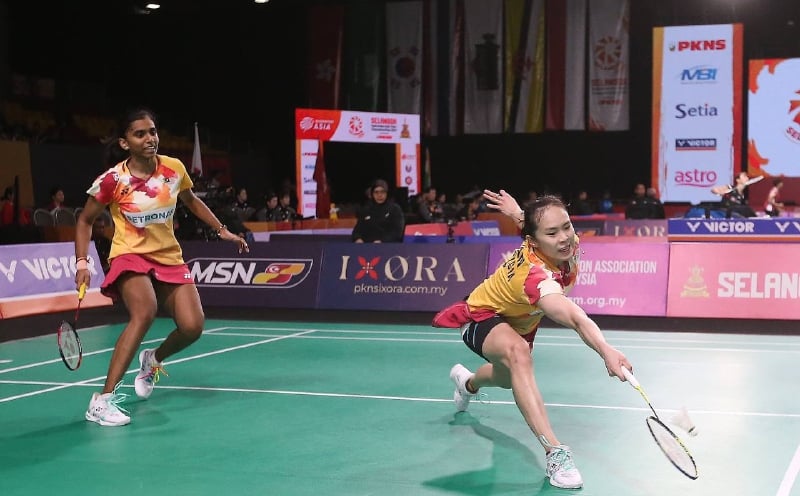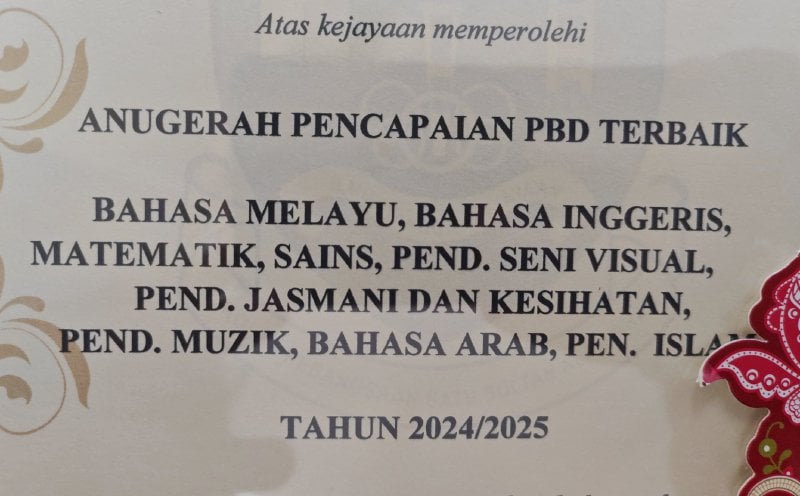RIYADH, SAUDI ARABIA: Saudi Arabia on Sunday called for the lifting of sanctions on Syria after meetings with top diplomats from the Middle East and Europe that focused on the war-ravaged country's future.
The Gulf kingdom, the region's largest economy, is seeking to increase its influence in Syria after Islamist-led rebels toppled long-time ruler Bashar al-Assad last month, analysts say.
"We stressed the importance of lifting unilateral and international sanctions imposed on Syria, as their continuation hinders the aspirations of the Syrian people to achieve development and reconstruction," Saudi Foreign Minister Prince Faisal bin Farhan said after Sunday's talks concluded in Riyadh.
The agenda included a meeting of Arab officials as well as a broader gathering that also included Turkey, France, the European Union, and the United Nations.
Syria's new leader Ahmed al-Sharaa, who led the main rebel group in the alliance that overthrew Assad, is pushing for sanctions relief. His administration is represented at the Riyadh talks by Foreign Minister Asaad al-Shaibani.
Western powers, including the United States and the EU, imposed heavy sanctions on Assad's government over his brutal crackdown on anti-government protests in 2011, which triggered civil war.
Some US sanctions long pre-date the conflict, with Washington labelling Syria a "state sponsor of terrorism" in 1979 and adding further measures in 2004.
More than 13 years of conflict have killed over half a million Syrians, destroyed infrastructure, and left the population impoverished, while millions have fled their homes, including to Europe.
The US Treasury Department said last Monday it would ease the enforcement of restrictions affecting essential services such as energy and sanitation.
However, officials in Washington say they will wait to see progress before any wider easing of sanctions.
The European Union's top diplomat, Kaja Kallas, said on Friday that the 27-nation bloc could begin lifting sanctions if Syria's new rulers took steps to form an inclusive government that protected minorities.
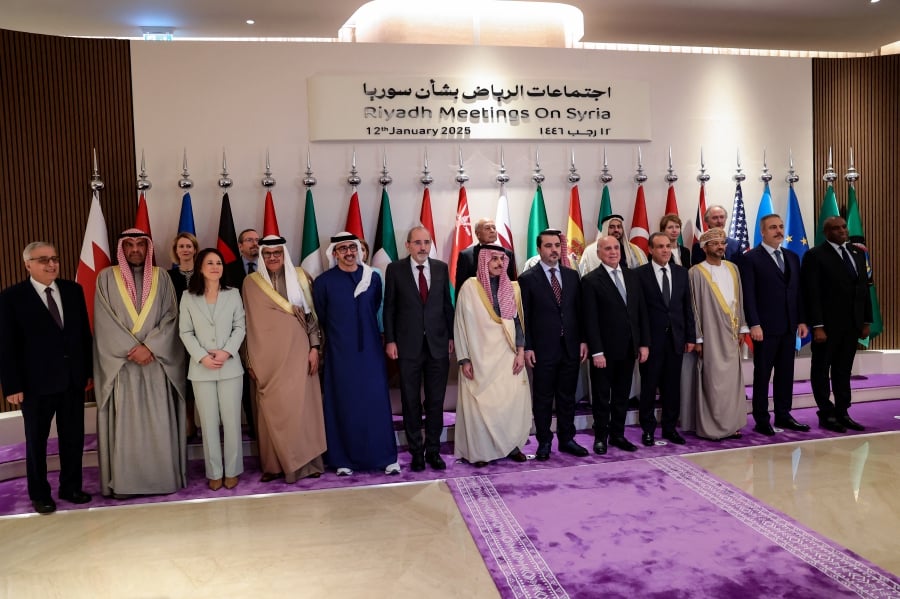
European foreign ministers are due to meet on 27 January to discuss the issue, she said.
Possible priorities for relief include "those sanctions that are hindering the building up of a country, access to banking services and all these things", Kallas told reporters in Riyadh.
"If we see the developments going in the right direction, we are ready to take the next steps," she said, adding there also had to be "a fallback position."
German Foreign Minister Annalena Baerbock told reporters in Riyadh that her government wanted a "smart approach" that would enable aid to reach Syrians.
"Sanctions against Assad's henchmen who committed serious crimes during the civil war must remain in place... Syrians now need a quick dividend from the transition of power," she said, adding that Germany would provide another 50 million euros "for food, emergency shelter, and medical care."
According to the UN, seven in ten Syrians need help.
Saudi Arabia cut ties with Assad's government in 2012 and had long openly championed his overthrow. But in 2023 it hosted an Arab League meeting at which Assad was welcomed back into the regional fold.
This month the Gulf kingdom sent food, shelter, and medical supplies to Syria by land and by air.
Riyadh is now negotiating how to support the country's long-term recovery.
"We also emphasised the importance of continuing to provide various forms of humanitarian and economic support, as well as efforts to build the capacity of the Syrian state, achieve stability, and facilitate reconstruction," Prince Faisal said in his statement.
"This includes creating a conducive environment for the return of Syrian refugees."
Riyadh's decision to host Sunday's talks "sends the message that Saudi Arabia wants to take the lead on coordinating the regional effort to support Syria's recovery," said Anna Jacobs, a non-resident fellow at the Arab Gulf States Institute in Washington.
"But the big question is how much time and how many resources will Saudi Arabia devote to this effort? And what is possible with many of the sanctions remaining in place?"
Saudi Arabia is among the countries taking a more cautious approach to Syria's new administration compared to Turkey and Qatar, which were the first nations to reopen embassies in Damascus after Assad's fall, said Umer Karim, an expert on Saudi politics at the University of Birmingham.
Saudi officials are nevertheless "positively approaching" the new leaders in Syria, looking to see if they can bring stability and "control the more extreme elements in (their) ranks", Karim said.
The group that Sharaa leads, Hayat Tahrir al-Sham, is rooted in the Syrian branch of Al-Qaeda but broke that link years ago and has sought to moderate its image.


